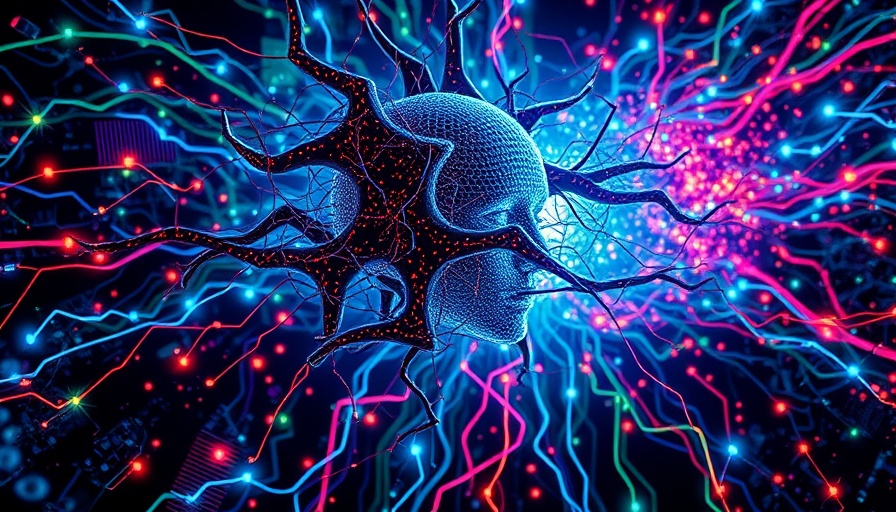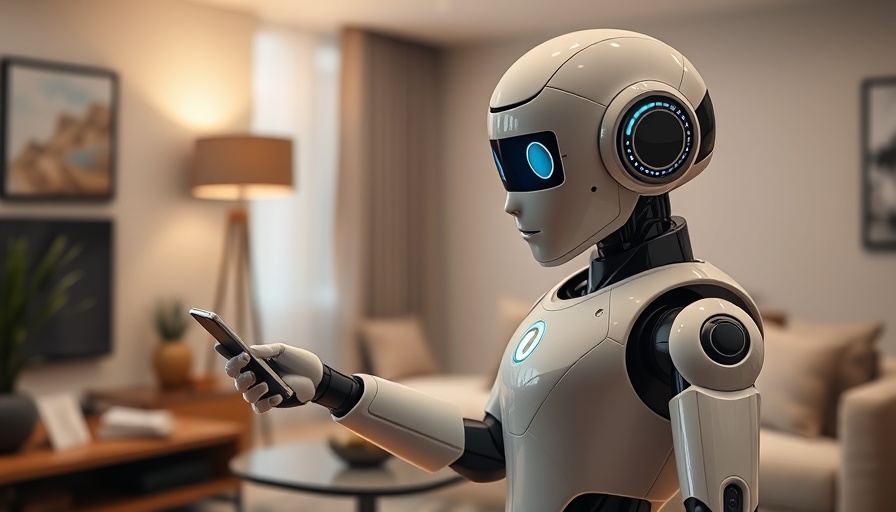
AI Psychosis: Unveiling the Dark Side of Technology
The recent discussion surrounding AI psychosis has ignited a wave of concern about the psychological impacts of artificial intelligence. As technology increasingly permeates society, especially in social interactions, the consequences of human AI relationships are becoming clearer. The use of language models, particularly OpenAI’s ChatGPT, has raised troubling questions about dependency and delusion. Reports indicate that users are developing emotional bonds with AI, leading to what some experts refer to as AI psychosis. This situation poses risks not only to individual mental health but to broader societal structures.
The video 'AI Psychosis, America's Broken Social Fabric, Trump Takes Over DC Police, Is VC Broken?' raises crucial points about mental health issues in modern society, particularly the dangers of emotional dependency on AI, prompting a deeper exploration into this pressing topic.
The Loneliness Epidemic: A Catalyst for AI Dependency
At the heart of the AI psychosis discussion lies a more profound societal issue: loneliness. Many experts argue that the convenience and responsiveness of AI might be filling an emotional void that traditional social connections used to fulfill. The stark decline in marriage rates and household formations among 30-year-olds highlights a generational shift in human connectivity. With more people turning to AI for companionship, the quality of real-world interactions continues to diminish, exacerbating existing social isolation and loneliness. This unsettling trend illustrates how technology can transform the very fabric of human relationships, reinforcing the need for awareness and proactive measures in addressing mental health issues.
Counterarguments: Is AI Psychosis Overhyped?
While the ramifications of AI psychosis are serious, some argue that the phenomenon may be overstated, likening it to past moral panics over social media and video games. Critics point out that, historically, claims about the adverse effects of new technology often fail to account for underlying social issues. They argue that mental health struggles are pre-existing conditions exacerbated by social disconnection rather than direct consequences of technology use. Furthermore, experts like Dr. John Taus remind us that not everyone who engages with AI will fall prey to these issues, particularly those without predispositions to mental health disorders.
Societal Reflection: Understanding the Disconnect
As communities grapple with the effects of AI psychosis and the growing prevalence of loneliness, it invites reflection on societal values. The decline in traditional connections such as marriage and family formation mirrors significant shifts in cultural expectations. With substantial shifts in how young people interact and form relationships, there is an urgency to reassess the role technology plays in fostering emotional well-being. As franchise brand founders and executives, it becomes crucial to consider how these societal dynamics can be integrated into business strategies, enhancing relationships within the franchise community while addressing the needs of potential customers who may be feeling disconnected.
By fostering environments that prioritize genuine human connection within franchises, there lies an opportunity to counteract the effects of AI dependency, creating more enriching consumer experiences. Engaging with these insights might not only improve corporate culture but also drive business growth by meeting evolving societal needs head-on. As you consider leadership insights and technology's role within franchising, reflect on the essential balance between embracing innovation and nurturing the human connections that form the backbone of solid franchise relationships.
 Add Row
Add Row  Add
Add 




Write A Comment